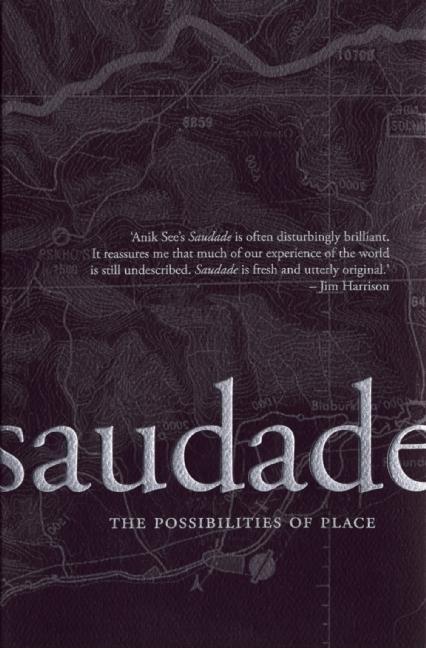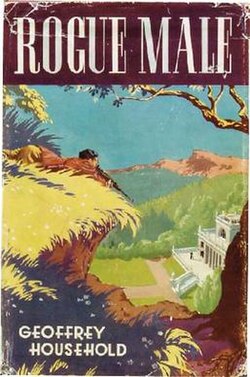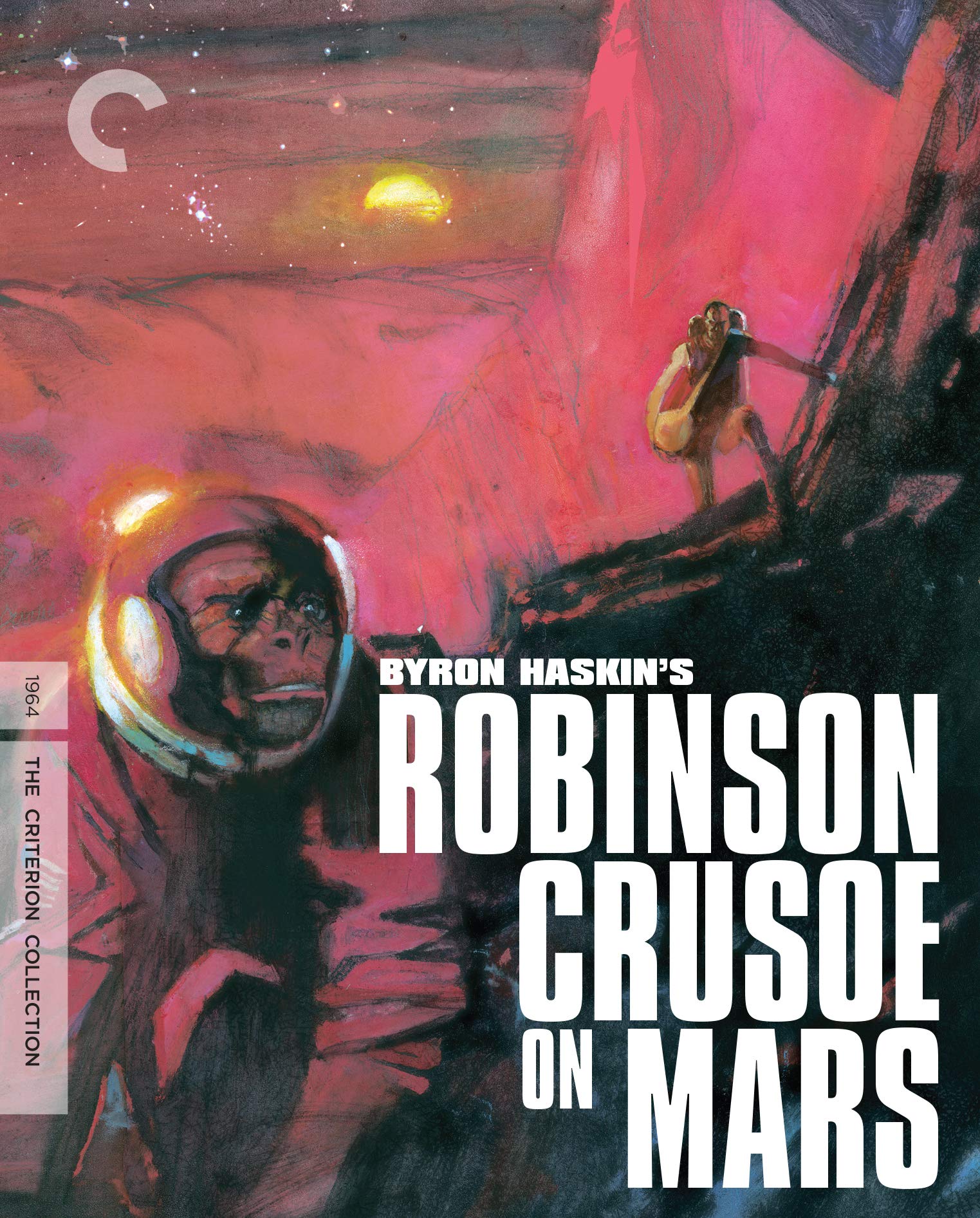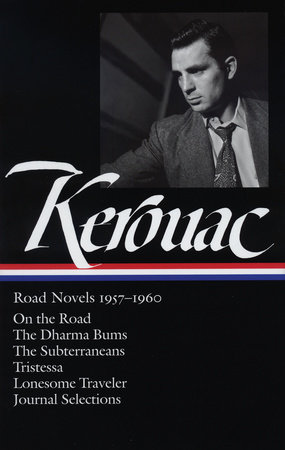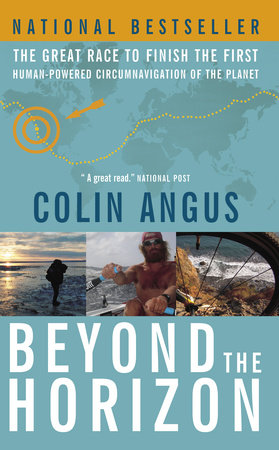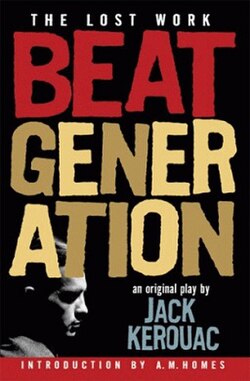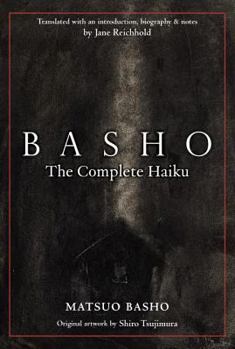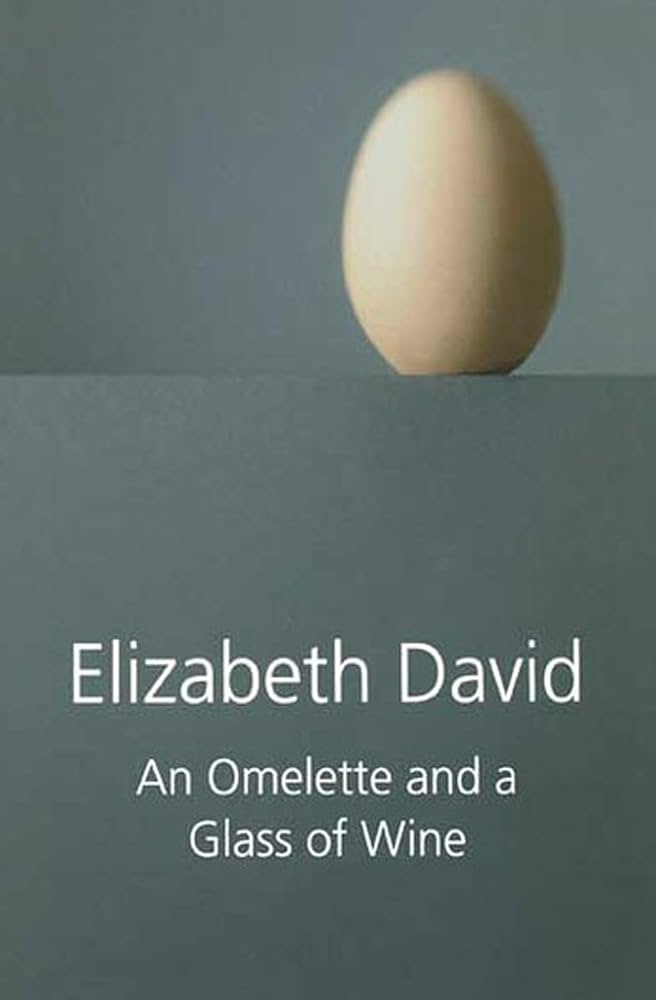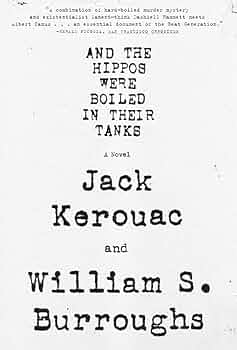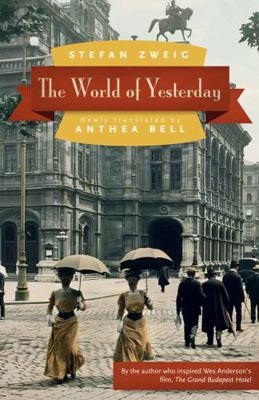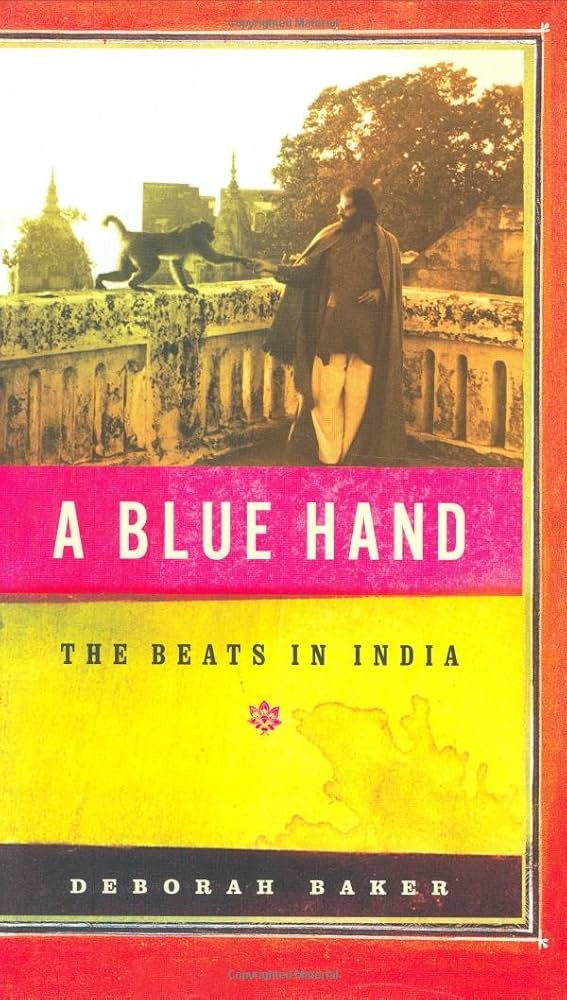fact

Seize the Fire: Heroism, Duty, and the Battle of Trafalgar
October 21, 2005, marked the 200th anniversary of the great naval battle of Trafalgar, an engagement in which Admiral Nelson and the British fleet ended Napoleon’s dream of invading England by crushing the French and Spanish fleets off the southwest
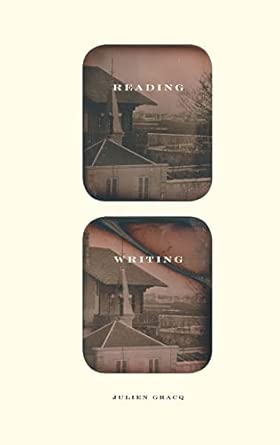
Reading Writing
The French writer Julien Gracq, who will be ninety-seven this year, is a living link to the era of Louis Aragon and André Breton. Gracq has avoided the kind of recognition that most modern writers crave (he refused the Prix Goncourt in 1951), and his body of work is little known on this continent.
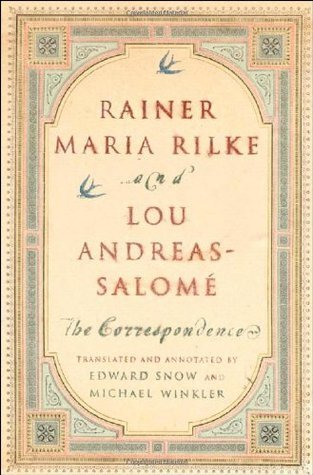
Rainer Maria Rilke and Lou Andreas-Salomé: The Correspondence
Rainer Maria Rilke and Lou Andreas-Salomé: The Correspondence (Norton) collects all of the extant letters exchanged by Rilke and Andreas-Salomé , a patron and fellow author, and (as the jacket copy describes her) “a key fin de siècle intellectual.”
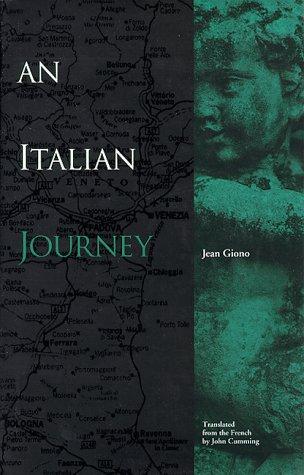
An Italian Journey
Henry Miller named Jean Giono as one of the writers he most admired (a list that includes Knut Hamsun, Blaise Cendrars, and Fyodor Dostoevsky). Giono, who lived most of his life in Manosque, the small Provençal town where he was born, begins An Italian Journey by admitting that he is not a traveller.

City Lectures
The organizers of tonight’s talk have branded it as a “raw exchange”—part of a series of uncensored literary gatherings around the city—and so they’ve invited three biting B.C. writers to get down to brass tacks for a group of strangers in the basement of the Vancouver Public Library. By some freak of programming, a punk-metal band is slaying the kids in the room down the hall tonight, which means every time a bookish-looking latecomer wades into our midst, a foul-sounding wave of hellish power chords does, too.
.svg)
Cat in the House
Toward the end of her life I drew close to Althea, the cat who had been with Mary and me for five or maybe six years, ever since her real owner, Mary’s daughter Karen, had to find a home for her when a landlord invoked the no-pets rule, and Mary and I were living mere blocks away, completely petless and, some might say, carefree.
.svg)
CBC Shows an Interest in the Pine Beetle Epidemic
The National calls from the cbc in Toronto. They want me to be their “eyes on the ground.” I try not to laugh—I’m a part-time poet who lives in the suburbs. The woman on the phone asks what it’s like to live in a city in a forest. Does she mean here? In Toronto, she explains, that’s how they described it to her. She must be picturing deep woods with houses and corner stores tucked in among the paths, and roads more like wagon trails. When I drive past Winners and Costco I don’t think “forest.” No, I tell her, Prince George is a lot like the outskirts of Guelph. She falls silent and I amend it: Prince George is like Edmonton but planned by drunken loggers. She seems to like that better, so I carry on: it’s like living in a logging camp but with easier access to big box stores. What about the trees, she asks. Oh, they’re fine, I say, just shorter and mostly gone.
.svg)
Memory of Fire
We were setting fires in a dry gulch in the hills at the edge of town, with crumpled sagebrush and bits of tumbleweed and no paper for kindling, and we had to start our own fire with a single match the way they did in the Cub Scout troop that met Thursday nights in the basement of St. Paul’s Anglican church on Battle Street.
.svg)
Burma Media Event
Once while living in Burma (now Myanmar), Goran Simic and his brother, whose father was the Serbian ambassador, were stopped by rebels on their way to the international school in Yangon. They were hauled out of their diplomatic Mercedes limousine and forced at gunpoint to witness the beheading, at the side of the road, of a uniformed Myanmar government official.

Natural History
It started with a note I found tucked into an anthology of poems edited by Selden Rodman, a book I opened rarely, though there was a time when I was young I had read it so closely and so many times I had most of the poems memorized. The note lay in the spine of the book against a poem of Arthur Rimbaud's titled, I think, "The Twelve-Year-Old Poet." On it are four names printed out in my sure and youthful twenty-one-year-old hand: Baghdad, Koweit, Sakakah, Jaffa.
.svg)
Sitting on Water
During my thirty years living on the waterfront of British Columbia, I have always had some sort of container in which to sit on the water. My first boat was a ten-foot dinghy that my late husband John Daly, a commercial salmon troller, equipped with a small electric motor to surprise me. He had the bizarre idea that I, a sometime canoeist from Ohio, could manoeuvre a boat on my own around our capacious Pacific coast harbour. The electric engine would be ideal for me, he thought. No rope to pull to start it up! No gasoline tank on board!

The Real Woman
And then I remembered an important event. It happened at a funeral in St. Paul’s chapel for a twenty-four-year-old prostitute who had overdosed in her Gastown hotel room. The small chapel was half full, and very quiet. There were a couple of fresh flower arrangements in front of the cheap, closed coffin. Most of the congregation were other prostitutes dressed in their working clothes, and a few pimps. One woman apologized to Brother Tim for having nothing black to wear, except for lingerie and a leather miniskirt.

The Main
Last summer, during a visit to Vancouver, my nine-year-old son climbed the pediment of a cast-iron traffic-light standard and put his palm on the glowing hand that warns pedestrians to stay put. My mother pointed out afterwards that my photograph of the event contained its own French caption, in the word visible over his shoulder: main.

Seize the Fire: Heroism, Duty, and the Battle of Trafalgar
October 21, 2005, marked the 200th anniversary of the great naval battle of Trafalgar, an engagement in which Admiral Nelson and the British fleet ended Napoleon’s dream of invading England by crushing the French and Spanish fleets off the southwest

Reading Writing
The French writer Julien Gracq, who will be ninety-seven this year, is a living link to the era of Louis Aragon and André Breton. Gracq has avoided the kind of recognition that most modern writers crave (he refused the Prix Goncourt in 1951), and his body of work is little known on this continent.

Rainer Maria Rilke and Lou Andreas-Salomé: The Correspondence
Rainer Maria Rilke and Lou Andreas-Salomé: The Correspondence (Norton) collects all of the extant letters exchanged by Rilke and Andreas-Salomé , a patron and fellow author, and (as the jacket copy describes her) “a key fin de siècle intellectual.”

An Italian Journey
Henry Miller named Jean Giono as one of the writers he most admired (a list that includes Knut Hamsun, Blaise Cendrars, and Fyodor Dostoevsky). Giono, who lived most of his life in Manosque, the small Provençal town where he was born, begins An Italian Journey by admitting that he is not a traveller.
.svg)
Reading at a Time of Catastrophes
A few years after Kafka’s death, Milena, the woman he had loved so dearly, was taken away by the Nazis and sent to a concentration camp. Suddenly life seemed to have become its reverse: not death, which is a conclusion, but a mad and meaningless state of brutal suffering, brought on through no visible fault and serving no visible end. To attempt to survive this nightmare, a friend of Milena devised a method: she would resort to the books she had read, stored in her memory.
.svg)
Reading Up on War
Many years ago my father-in-law, who had been a British prisoner of war in Japan, gave me a small pocket anthology, The Knapsack, edited by the undeservedly forgotten Herbert Read. The book (which I have since passed on to my daughter) had been put together for the Ministry of War to be given to its soldiers: its proclaimed intention was "to celebrate the genius of Mars." Surprisingly, however, the general tone of the anthology was above all elegiac.





